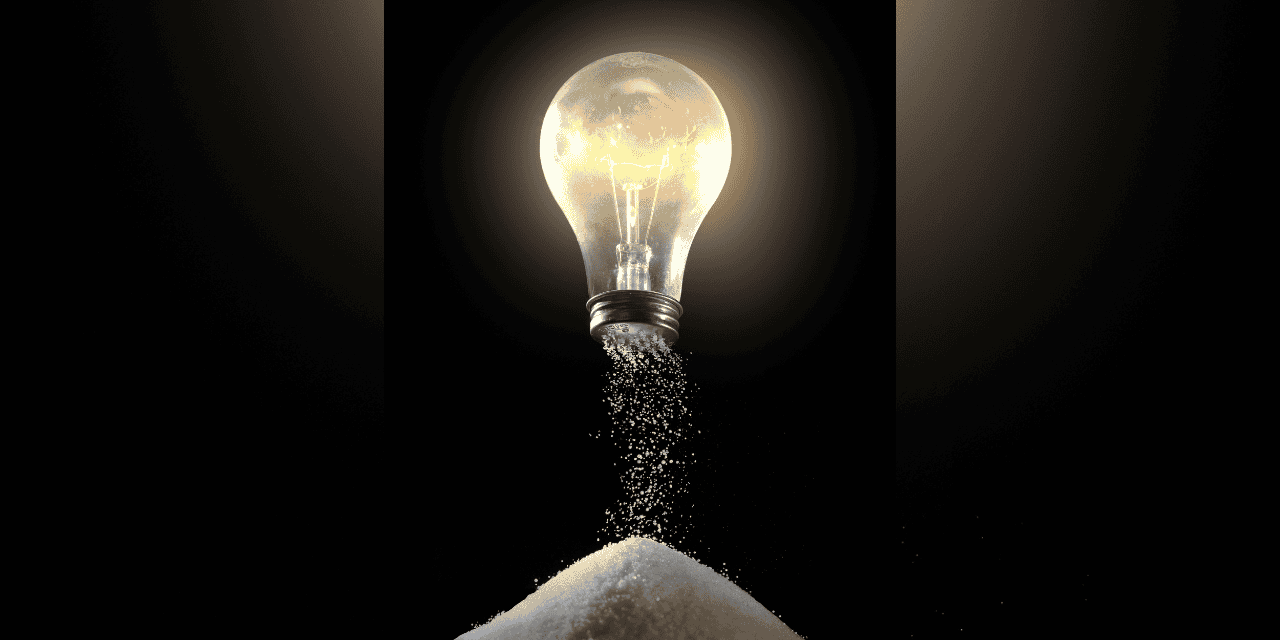Being Salt and Light Can Sometimes Sting and Temporarily Blind

Within evangelical circles, we hear a lot about being “salt and light” in an increasingly lost and confused culture – and for good reason.
“You are the salt of the earth,” Jesus preached. “But if the salt loses its saltiness, how can it be made salty again? It is no longer good for anything, except to be thrown out and trampled by men” (Matthew 5:13).
Likewise, Jesus stressed the analogy of being light in a dark time and place.
“You are the light of the world,” He declared. “A city set on a hill cannot be hidden; nor does anyone light a lamp and put it under a basket, but on the lampstand, and it gives light to all who are in the house. Let your light shine before men in such a way that they may see your good works, and glorify your Father who is in heaven” (Matthew 5:14-16).
As figures of speech go, most every Christian knows what it means to be “salt and light” – or do they?
At the time Jesus was teaching, salt was an extremely valuable commodity. Unlike today where salt is cheap and on every table for free, it was often used as a currency. Roman soldiers were paid in it, hence the saying, “He was worth his salt.” In some cultures, people even traded salt pound for pound for gold.
Of course, the reason it was so expensive was that in days before refrigeration, it was used as a preservative for meat and other perishables. Then, as now, it was also used to flavor the food.
Similarly, being a “light” is yet one more way we can make a difference, especially since it’s light that diminishes or washes out darkness altogether. As a student in our church’s school, we used to sing a hymn called, “We Are the Light of the World.” It contained this memorable verse: “We are the light of the world; may our light shine before all, That they may see the good that we do, and give glory to God.”
At the same time, some more liberal-minded Christians seem to acknowledge the importance of being salt and light – but interpret it to mean something very different.
A theologically liberal mindset tends to assume the admonition means to be sweet and gentle with our witness, avoiding any verbiage or discussion that might offend or presumably drive the person away.
That’s a weak and bad theology.
Salt isn’t a gentle substance. It preserves food because it dehydrates it, pulling out water where microbes grow. Similarly, it’s a strong flavor enhancement because the sodium ions in it interact with something called epithelial sodium channels on your tongue. That reaction then sends signals to your brain and triggers taste receptors.
Running a marathon on a hot day, I’ve had the salt from my sweat sting my eyes.
When Jesus called on us to be salty, He was charging us with sharing truth and perspective that preserves, flavors – and sometimes stings.
“Salt seasons, purifies, preserves,” preached Vance Havner. “But somebody ought to remind us that salt also irritates. Real living Christianity rubs this world the wrong way.”
As believers, we should delight at the opportunity to bring the Lord’s light into dark places. After all, it was Charles Spurgeon who reminded us that the world doesn’t read the Bible – it reads Christians.
But when somebody has been living in the dark, light can startle, surprise, and even irritate. It can be glaring. It takes guts to expose sin, evil and wickedness. It also doesn’t make you the most popular guy in town.
Thankfully, the light of Christ and the savoriness of a bold and unapologetic witness is just what the world needs – and just what we’re called to serve on a daily basis.
Image from Shutterstock.
ABOUT THE AUTHOR
Paul J. Batura is a writer and vice president of communications for Focus on the Family. He’s authored numerous books including “Chosen for Greatness: How Adoption Changes the World,” “Good Day! The Paul Harvey Story” and “Mentored by the King: Arnold Palmer's Success Lessons for Golf, Business, and Life.” Paul can be reached via email: Paul.Batura@fotf.org or Twitter @PaulBatura
Related Posts

The Refreshing Patriotism of Olympian Jasmine Jones
February 13, 2026

Colorado Committee Kills ‘Children Are Not for Sale Bill’
February 13, 2026

Washington School District Buries Female Wrestler’s Sexual Assault Complaint Against Male Opponent
February 12, 2026

“Who Am I?”: James Van Der Beek’s Final Answer
February 12, 2026
